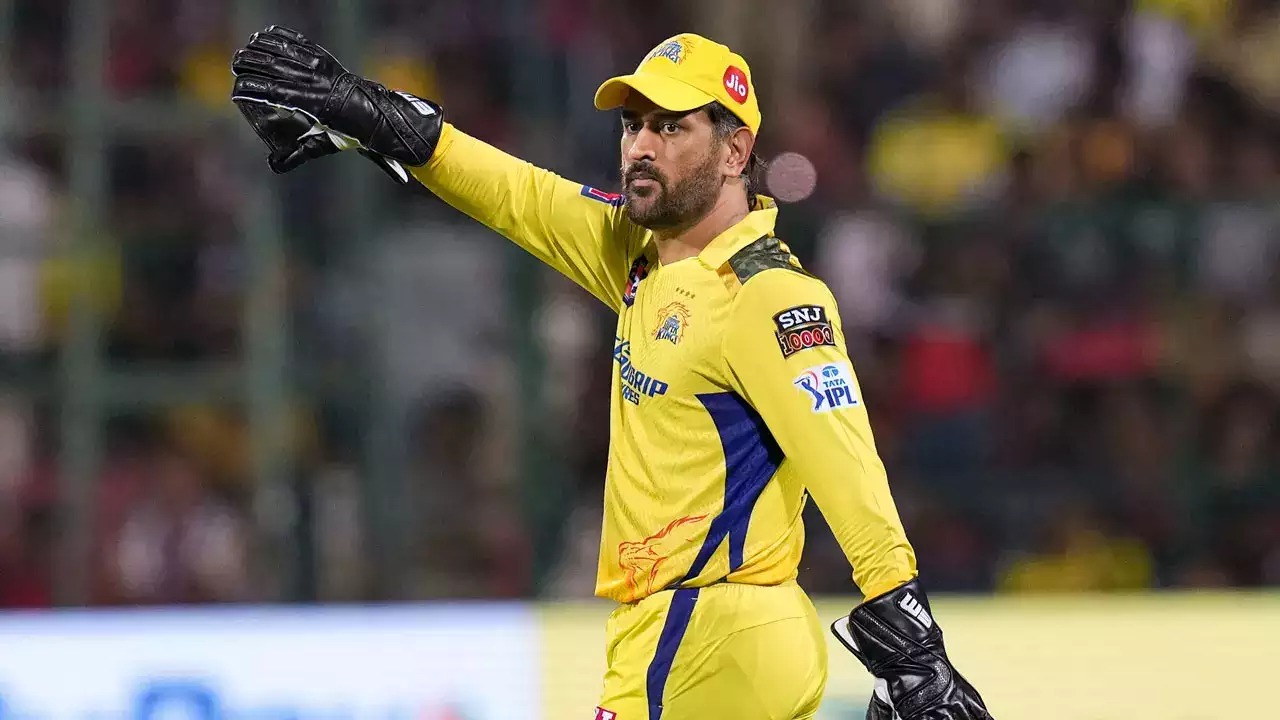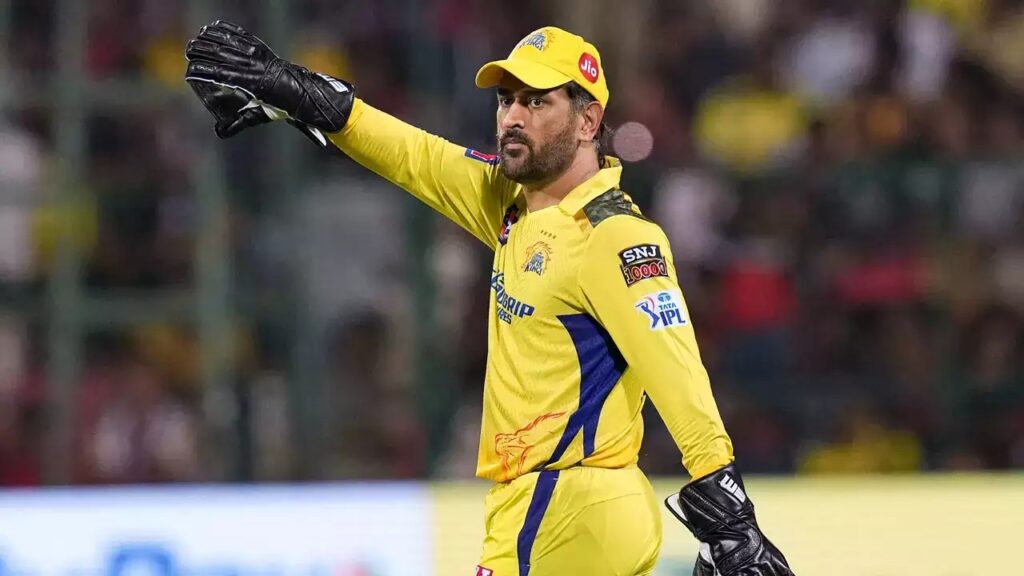
It would be naïve to think that Mahendra Singh Dhoni and his actions on the cricket field can ever be fully understood, more so in a piece like this on his birthday. However, there is no harm in trying to revisit Dhoni and the art of decision-making to examine some traits that make him the celebrated leader he is.
It is a universally accepted fact that he earned himself a place in the pantheon of Indian cricket’s iconic leaders alongside Mansur Ali Khan Pataudi, Kapil Dev and Sourav Ganguly (with Virat Kohli joining the bunch later). Each of these captains created a culture within the team, and a legacy guaranteed to last several decades beyond their playing days.
When he was handed the reins of captaincy, Dhoni was not weighed down by any thoughts of having to lead a team that included many players who had preceded him to the Indian squad. He focussed on empowering the individuals – as liked to call them – to take responsibility and deliver the goods under the circumstances. And that did not change throughout his run as skipper.
It appears that at the root of all his decisions was a question that he may have asked himself: Am I doing what is in the best interest of the team? It was this compass that steered him and his team through waters still and stormy.
He gave us early an insight of this in 2008 when he sent in Ishant Sharma as nightwatchman on the opening day of the Mohali Test against Australia, and held the second half of the innings together with a half-century. He batted ahead of Ganguly, Sachin Tendulkar, Rahul Dravid and VVS Laxman in the second innings to make an unbeaten half-century.
It is not as if he did not make wrong decisions. The 2010 ICC World Twenty20 campaign in the West Indies was a good example. When memories of India not winning a single game in the Super Eights stage come flooding back, his reluctance to play paceman Umesh Yadav alongside Zaheer Khan and Ashish Nehra on the bouncier tracks is one that springs fastest to mind.
Of course, there will be some that point out that his captaincy record in overseas Tests was not much to crow about. And there will be others who will highlight the fact that he was blessed to have a wonderful bunch of cricketers to helm. But success percentages can never showcase leadership skills, especially courageous decision-making under pressure.
One of the biggest factors is his courage of conviction. Dhoni has been someone who has made decisions on his own – from choosing cricket as a career to expressing himself in team meetings; from revising the rules of engagement with media, to altering the batting order in a World Cup final without anyone nudging him to overcome any doubts about poor form.
Indeed, he listened to his inner voice even when quitting Test cricket in the middle of a series in Australia. It did not matter to him what anyone else would think of him or his decisions. He went by what he felt most comfortable with. It was almost as if he was telling the world that he was not out to win any popularity contest, but answerable more to his own conscience.
More than half a century ago, Israeli psychologist Reuven Gal postulated a leadership formula featuring Potential (P), Motivation (M) and Development (D). He argued that these factors were not additive but interactive (multiplicative), and said leadership was the result of PxMxD. Dhoni ensured that he developed as a leader to maximise the combination of his talent and motivation.
He had this incredible ability to observe other leaders – Ganguly, Dravid and Anil Kumble – and coaches like John Wright and Greg Chappell at work, analyse and learn to add layers to his evolution as captain. And yet, he crafted his own style of leadership and shaped a team culture that bore his stamp to the point that everyone perceived things through the prism of his vision.
Above all, he did not worry if someone was setting off a firecracker beneath the captain’s chair. He did not look over his shoulder with insecurity. He felt safe in his zone and led the team with aplomb, giving his fans many wonderful memories – and future researchers on leadership much to draw from his stint at the helm of the Indian cricket team.




